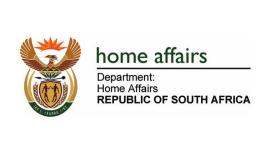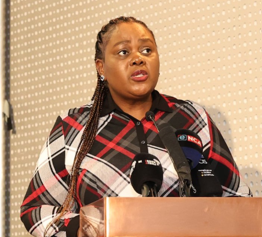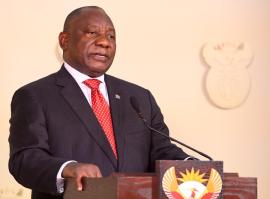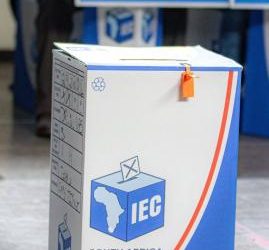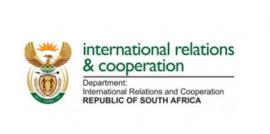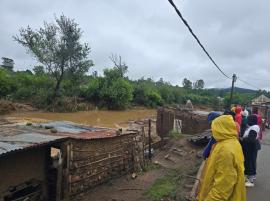The Competition Commission has played a critical role in assisting government to keep a close eye on anti-competitive practices that inflate the price of food.
This according to President Cyril Ramaphosa who delivered an address at the 7th Social Justice Summit held at the Cape Town International Convention Centre on Friday.
“Since 2007 the Commission has conducted a number of inquiries to enforce fairness and accountability in food markets. Examples of this include the bread and milling cartel cases, the grocery retail market inquiry and the fresh produce market inquiry.
“[This] work is directly contributing to a fairer food system. Reduced retail food prices make basic and nutritious foodstuffs more affordable for low-income households,” he said.
Turning to food retailers, the President called on those companies to join the government in efforts to curtail rising costs.
“These companies are very good distributors of our food. However, they are making billions of profits and if we are talking about food prices, we want to call on them to look at the prices they charge for food at the till.
“We also want to call on them to look at the high margins that they charge. Because it’s all very well for them to say there needs to be food security, there needs to be affordable food prices, but they are the ones who drive the high food prices.
“They are the ones who must join us in taking action to reduce food prices. We want them to join us when it comes to reducing the cost of living. Food prices are what drives the cost of living higher,” he said.
Furthermore, a whole of society approach is needed to ensure that people do not go to bed hungry.
“This has to be a collective action by all of us: government, business, civil society, academia and everyone. We need to have a comprehensive approach to looking at how we ensure that there is true food security and affordable food prices for the people of our country,” he said.
WATCH | President addresses the Social Justice Summit
Stepping up efforts
The President acknowledged that although there has been much done in “improving the health outcomes of our people, we need to do far more”.
“The Medium-Term Development Plan is clear that food security is central to reducing poverty and improving human development in general. Its first target is to reduce the proportion of South Africans living below the food poverty line from 30.9 % in 2022 to 25% by 2029.
“Secondly, it is to reduce the number of individuals vulnerable to hunger from 5.4 million to below 2.9 million over the same period.
“To achieve these MTDP [Medium-Term Development Plan] targets over the remaining period of four years of this administration, government has prioritised a coordinated set of strategic interventions,” he said.
Interventions include regular review of the National Minimum Wage to match inflation, reviewing the indigent policies to “ensure that communities have more money in their pockets to buy decent food, diversifying food security programmes, and expanding the social welfare net”.
The President highlighted that the G20 Ministerial Food Security Task Force Declaration affirms the right to food as fundamental.
“Its principles resonate deeply with our values as South Africa which are encapsulated in the spirit of Ubuntu, meaning “I am because you are”. Achieving equality, solidarity and sustainability in food systems requires partnerships.
“It demands that we put evidence to work. It demands that we act collectively – across government, business and civil society – to ensure that freedom from hunger becomes a lived reality for every South African,” President Ramaphosa said. – SAnews.gov.za


